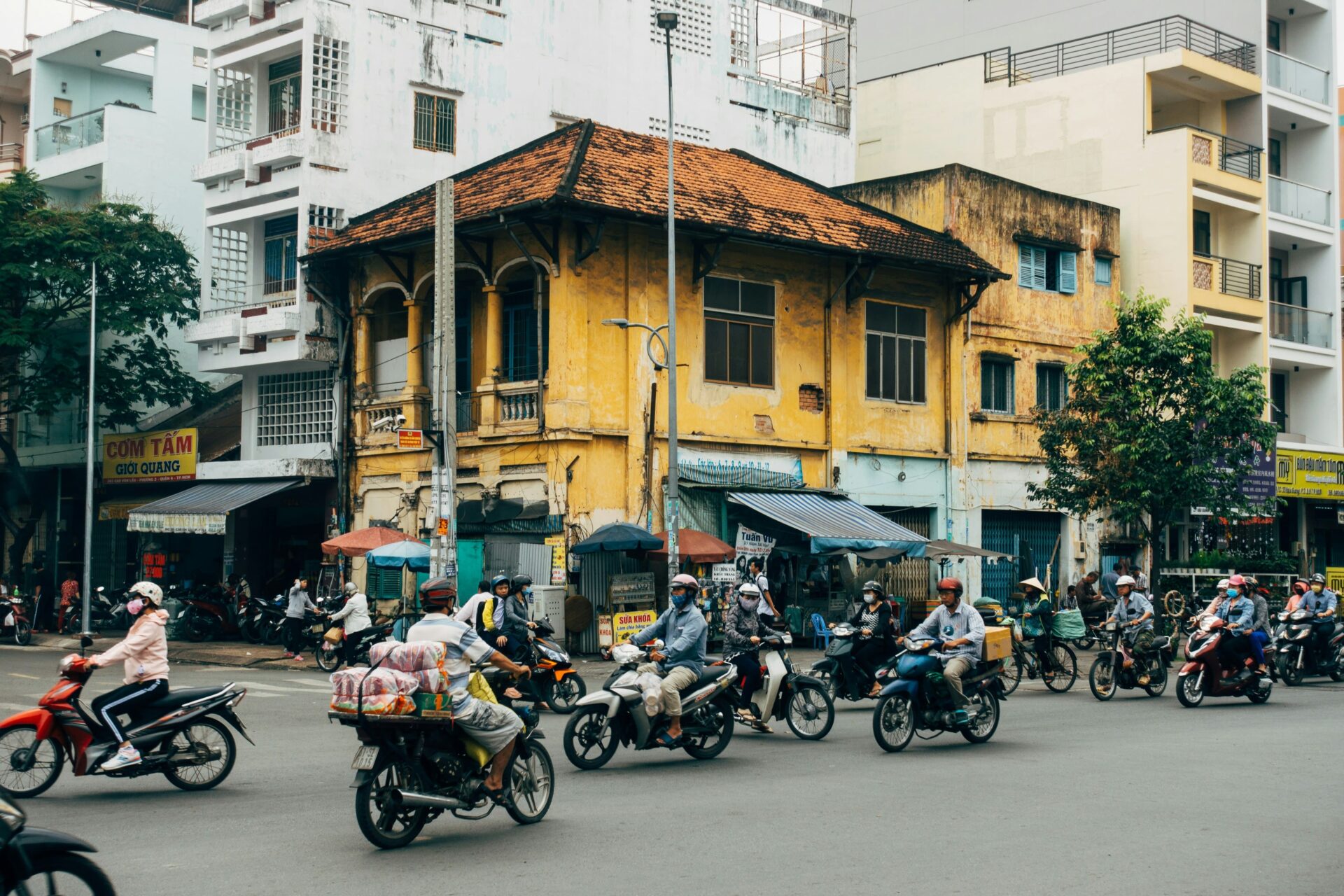Working in Vietnam 2025: Jobs, Visa Requirements, and Lifestyle Guide

Vietnam is one of the fastest-growing economies in Southeast Asia and has become an attractive destination for foreign professionals. Cities like Ho Chi Minh City, Hanoi, and Da Nang offer increasing opportunities for expats in industries ranging from IT to manufacturing and services.
This guide explains how to find jobs in Vietnam, visa and work permit requirements, living conditions, and cultural tips for working successfully in the country.
目次
1. Why Work in Vietnam?
Vietnam’s rapid economic growth has created strong demand for skilled workers. Foreign investment, especially from Japan, Korea, and Western countries, continues to expand, bringing opportunities in both established industries and new startups.
For many expats, working in Vietnam means combining career development with cultural exploration. The cost of living is affordable, and the vibrant business scene provides valuable international experience.
2. How to Find Jobs and Popular Professions
There are several ways to look for work in Vietnam:
- Recruitment agencies – Many specialize in foreign and bilingual positions.
- Online job portals and LinkedIn – Popular for IT, marketing, and management roles.
- Networking – Personal connections and expat communities often lead to job offers.
In-demand professions include:
- IT engineers and developers – Vietnam is a major offshore development hub.
- Manufacturing and factory managers – Especially in electronics and textiles.
- Sales and marketing – For companies expanding in the Vietnamese market.
- Hospitality and services – Hotels, restaurants, and tourism-related jobs.
3. Visa and Work Permit Requirements
To work legally in Vietnam, you need both a work permit and a work visa.
- Work Permit: Issued to foreigners employed by local companies, usually valid for up to two years. Requires employment contracts, health checks, and proof of qualifications.
- Work Visa (LD category): Granted once the work permit is approved, allowing legal stay and employment.
Tourist visas do not allow employment, and regulations have tightened in recent years, so proper documentation is essential.
4. Living and Working Conditions in Vietnam
Life in Vietnam offers a balance of affordability and comfort.
- Cost of Living: Rent, food, and transportation are significantly cheaper than in Japan or Western countries.
- Language: English is increasingly common in workplaces, though learning some Vietnamese is helpful for daily life.
- Work Culture: Flexible attitudes toward time and contracts. It’s best to keep written agreements clear.
- Cultural Aspects: Building relationships is important; networking and socializing play a key role in business success.
5. Conclusion: Is Vietnam the Right Choice for You?
Vietnam offers a dynamic and evolving environment where professionals can grow their careers while experiencing a unique culture. Whether you prefer the security of a Japanese company or the excitement of a startup, working in Vietnam provides opportunities for both stability and challenge.
For anyone considering working abroad in Asia, Vietnam is an option worth serious consideration in 2025.
(Photo by Unsplash.com)



